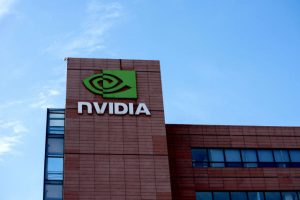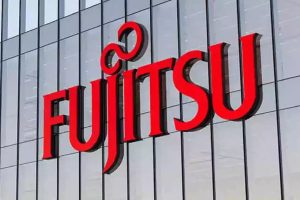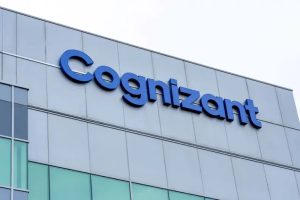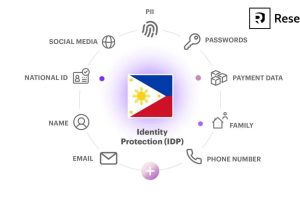KGI Securities, Taiwan’s second-largest securities brokerage, has undertaken a significant overhaul of its core systems, transitioning to a new architecture to create a more agile operating environment and provide its IT teams with essential resources for faster application development.
The company has embraced Red Hat OpenShift to meet evolving market demands and stay abreast of advancing IT technologies, according to Jung-Lin Huang, KGI Securities’ Chief Information Officer. Huang believes that leveraging Red Hat’s containerized platform will give KGI Securities a competitive advantage.
As a wholly owned subsidiary of China Development Financial (CDF), KGI Securities offers a wide array of financial services, including wealth management, brokerage, proprietary trading, underwriting, and bonds, with subsidiaries spanning across China, Hong Kong, Thailand, Singapore, and Indonesia.
Facing constraints with outdated information systems that struggled to meet customer demands and adapt to market dynamics, KGI embarked on a digital transformation initiative in May 2023, investing an estimated over US$308 million (S$419 million), Huang revealed.
Opting for open source technology and Red Hat OpenShift, KGI aimed to empower critical subsystems to deliver real-time responses while preparing for hybrid and multi-cloud environments.
One of the company’s primary projects focuses on revamping the ‘financial middle ground,’ which provides customers with real-time trading information. Scheduled for launch in 2024, this platform will be constructed on a containerized microservices architecture, facilitating streamlined management of decentralized applications on a unified interface, Huang explained.
Additionally, KGI Securities has embraced Red Hat Quay—a scalable private registry platform—and deployed Clair—an open source container security monitoring tool—alongside OpenShift. This allows for continuous monitoring of image statuses and security scans within the OpenShift management interface.
The adoption of the new architecture has enabled KGI Securities to adopt a more agile DevOps approach, enhancing collaboration between development and operations teams, reducing application iteration cycles, and communication costs, Huang noted.
Looking ahead, KGI Securities plans to collaborate further with Red Hat for the second phase of its transformation in 2024, focusing on a new ‘service middle ground’ and integrating customer inquiries, financial information, and provisional estimates. Additionally, the company aims to reintegrate its existing systems and migrate them to a containerized platform.
Huang also outlined plans to extend Red Hat solutions to overseas subsidiaries and develop a new API management platform, integrating various Linux operating systems into Red Hat Enterprise Linux.






















